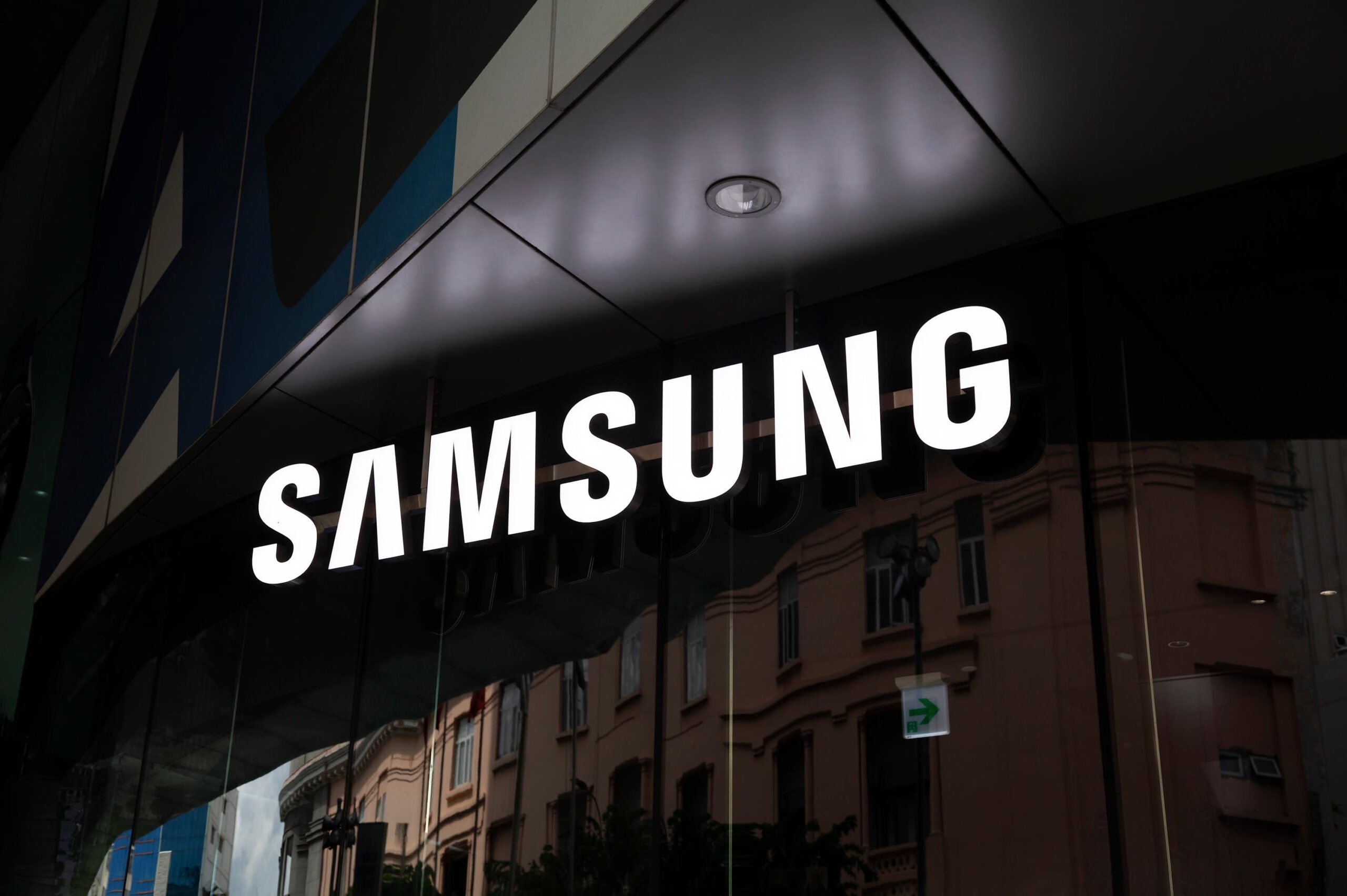Although the driving process of electric vehicles is zero-carbon emission, the entire life cycle of electric vehicles from production to recycling is not completely clean, such as the use of highly polluting materials to manufacture automobile motors and the use of fossil fuels to produce batteries.
To meet the demands of regulators and investors, automakers are gradually removing high-polluting and energy-intensive materials from their entire supply chain, creating more market opportunities for companies in the electric vehicle ecosystem.
Join tip3x on Telegram
Rare earth metals are indispensable in the manufacture of conventional motors, but their production often involves chemicals that pollute the environment. AEM, based in the north of England, is working with Volkswagen’s luxury brand Bentley and other companies in the auto industry to develop recyclable motors that are free of rare-earth metals.
AEM CEO James Widmer said: “Our customers need to find a cost-effective way to eliminate the use of internal combustion engines without using large amounts of rare earth elements in their vehicles .”
The European Union announced last year a draft law to finally achieve its zero-carbon emissions goal, considering excess carbon charges on imported products, legislation requiring the purchase of compliant products, and a scheme to recycle electric vehicle batteries. At the same time, EU scrutiny of supply chains has become increasingly stringent.
 Globally, the introduction of a carbon tax could cost laggard automakers dearly, while investors and financiers increasingly favor companies with better environmental, social, and governance (ESG) credentials.
Globally, the introduction of a carbon tax could cost laggard automakers dearly, while investors and financiers increasingly favor companies with better environmental, social, and governance (ESG) credentials.
“There is a growing focus on ESG,” said Moshiel Biton, CEO of Addionics, an Israeli battery technology company that produces 3D electrodes that are more efficient and make batteries cleaner. But Beaton said, “But it’s nothing compared to what’s coming.”
In the fast-moving world of electric vehicle technology, it’s uncertain how many companies seeking to develop a clean electric vehicle market will succeed, as today’s cutting-edge technology may be obsolete tomorrow.
In the heat of competition, any project that doesn’t make enough progress within a certain time frame risks losing its chance, said MacMurray Whale, an environmental sustainability strategist at Cormark Securities in Toronto.
“You don’t get investor interest because there are so many companies like this that say they’re the best,” he said.
Achieve zero carbon emissions
Yet the need is real. From an automaker’s perspective, they need to use cleaner processes to produce common materials such as steel and aluminum, and they also struggle to find battery chemistries that are less polluting to the environment.
Andy Palmer, EV pioneer, and chief executive of British EV maker Switch Mobility, part of Indian commercial vehicle Ashok Leyland, said: “We only work with suppliers who have a plan to achieve zero carbon emissions targets. new business.”
He added that Switch Mobility currently offsets the carbon produced by making metal car parts by purchasing carbon credits and takes this cost into account when evaluating new components.
Squeezing more carbon from the supply chain is an “important part” of the company’s strategy to reduce carbon emissions, said Thomas Becker, BMW’s vice president of sustainability.
In March, Becker told a conference in London, England, that BMW had negotiated with all battery suppliers, as well as most steel and aluminum suppliers, to choose materials produced using renewable energy.
However, the problem with electric vehicles is that the carbon emissions in the production process are very high, and they must be driven for tens of thousands of kilometers before they are less harmful to the environment than fuel vehicles.
BMW has already measured carbon emissions throughout its supply chain. According to statistics, if companies do not take action, carbon emissions per car will be 18 tons by 2030, compared to 12 tons in 2019. But BMW said its carbon reduction plan should cut that figure to 9 tonnes by 2030. The need for clean electric vehicles has also led some automakers to start designing vehicles again.
Pennsylvania-based engineering firm Ansys develops modeling software for multiple industries. Pepi Maksimovic, the company’s director of applications engineering, said demand has risen sharply as more automakers seek to model their cars with greener or lighter materials.
“We’re stepping up to address these issues to bring cleaner, greener, more efficient technologies to market sooner,” Maximovic said.
A carbon tax is coming
Past corporate actions to achieve the SDGs have often only been superficial. But now, says Costa Caldis, chief operating officer of supply chain tracking firm SAFE, automakers are already moving in the right direction, but not fast enough. “Stakeholders are demanding to see real changes in the supply chain, not just reporting,” he said.
Douglas Johnson-Poensgen, chief executive of Circulor, which maps supply chains for companies such as BMW and Volvo, said more funding is starting to be tied to ESG goals.
“Everyone realizes that they need to know where they’re sourcing from and what they can inherit from the supply chain.”
Makram Azar, chief executive of London-based investment group Full Circle Capital, said auto companies that “meet all ESG criteria” should have an easier time raising capital.
Azar said: “Many large asset managers have set aside huge sums of money to invest in ESG-compliant companies, only to find that there are very few investment targets to choose from.”
More carbon taxes could help change that.
Full Circle Capital has invested in UK start-up Britishvolt, which is building a factory to produce electric vehicle batteries using only renewable energy.
Peter Rolton, executive chairman of Britishvolt, said countries could raise huge amounts of money through carbon taxes, which would also help squeeze more carbon out of supply chains.
“A carbon tax is an inevitable part of the goal of zero carbon emissions by 2050,” he added. “You can see it coming.”
Get involved in mining
AEM has developed a recyclable electric vehicle motor that uses mostly electrical steel and aluminum instead of copper and magnets, thereby removing rare earth metals from conventional motors. CEO Widmer said AEM car motors will be cheaper than conventional cars and have been 15 percent more efficient in the automaker’s tests.
In addition, Canadian-listed miner NextSource plans to begin commercial production of graphite in Madagascar from 2023, catering to companies seeking to diversify supply.
Brent Nykoliation, the company’s executive vice president, said the contracts with automakers should be lucrative, all of which are finalizing supply channels that meet their carbon emissions needs.
“The negotiation has changed dramatically in the last 12 months,” Nicolian said of automakers’ involvement in mining.







